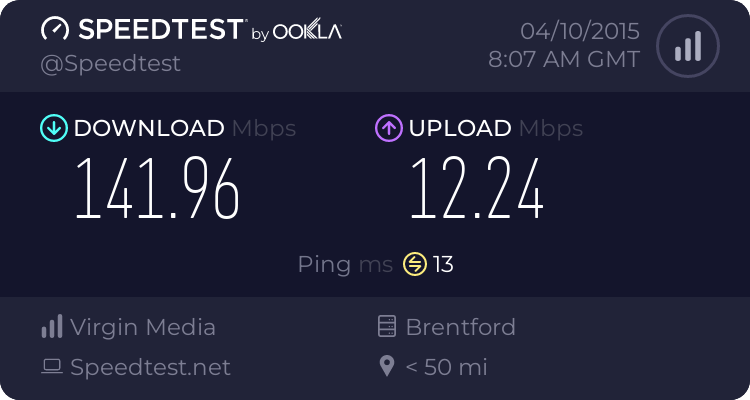- Messages
- 3,194
- Name
- Paul
- Edit My Images
- No
I'm looking at getting a NAS but am horribly out of date with what is now available. Ideally I'd like to be able to use it to stream music as well as act as storage. Being able to backup to the cloud from it would be great too. I've been looking at devices from Synology, Netgear and Asustor. I think I'm looking for something with 4 bays and would probably configure it in a RAID config, probably RAID 5 if using 4 disks.
I've not set a budget yet as I'd rather get the right device than be constrained by money, obviously though I don't want to spend more than necessary. The models I've looked at the most are the Synology DS414j, Netgear ReadyNAS 104 and the Asustor AS5004T devices. I'm not committed to these so other suggestions are appreciated.
I don't want to build a server, I'd rather have something that works out of the box if possible.
I notice there are a series of HDDs from a number of suppliers marked as NAS HDDs, is this a marketing gimmick or are they really the best option to go for? Any recommendations as to which HDDs are best would also be appreciated.
TIA.
I've not set a budget yet as I'd rather get the right device than be constrained by money, obviously though I don't want to spend more than necessary. The models I've looked at the most are the Synology DS414j, Netgear ReadyNAS 104 and the Asustor AS5004T devices. I'm not committed to these so other suggestions are appreciated.
I don't want to build a server, I'd rather have something that works out of the box if possible.
I notice there are a series of HDDs from a number of suppliers marked as NAS HDDs, is this a marketing gimmick or are they really the best option to go for? Any recommendations as to which HDDs are best would also be appreciated.
TIA.


